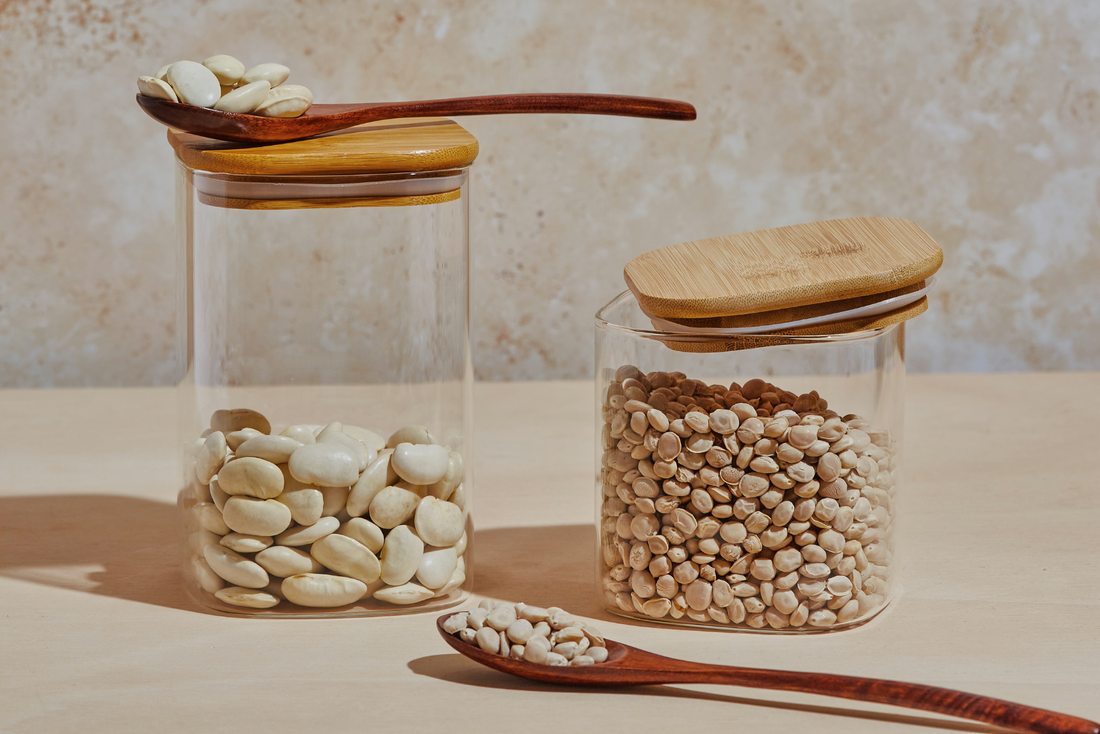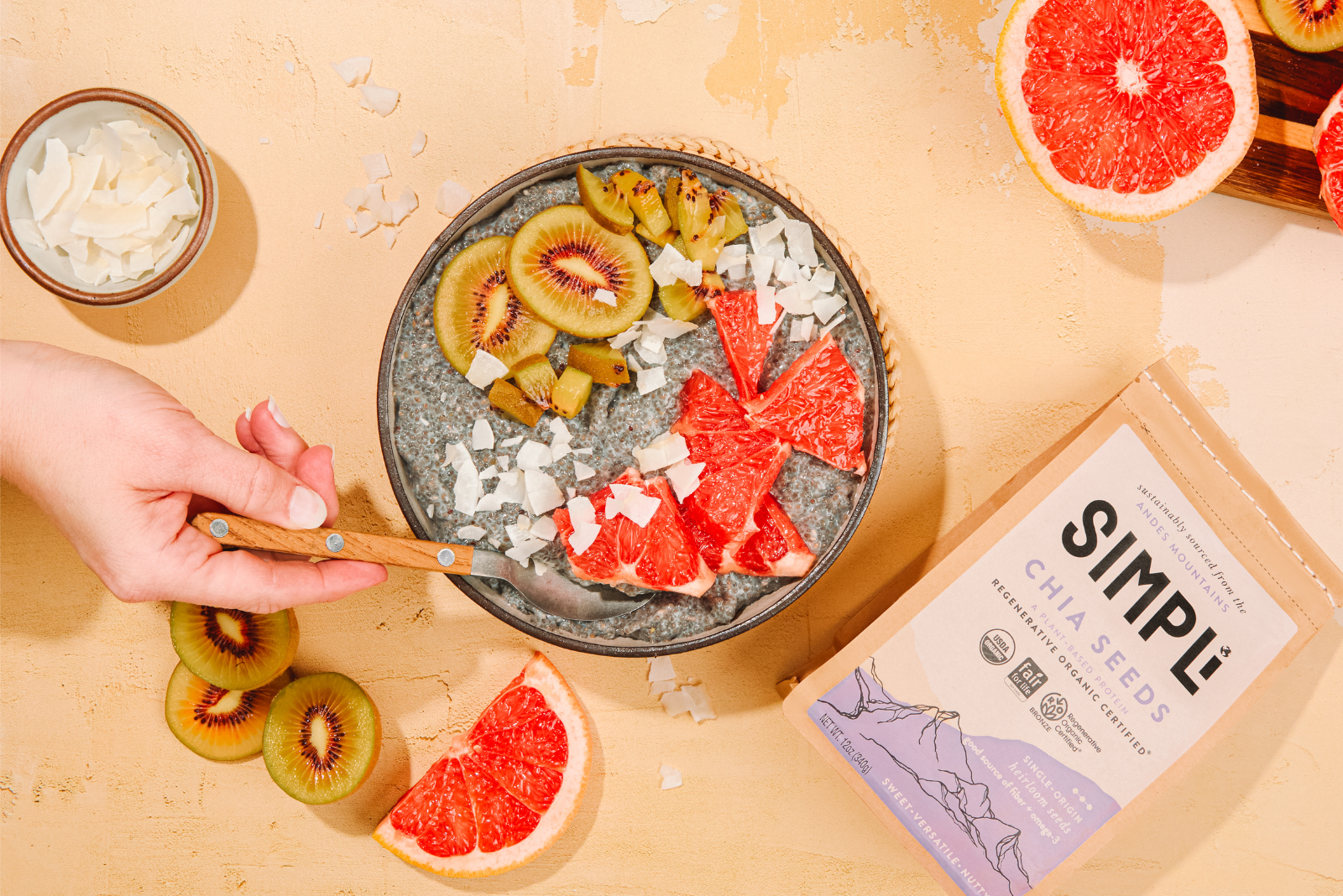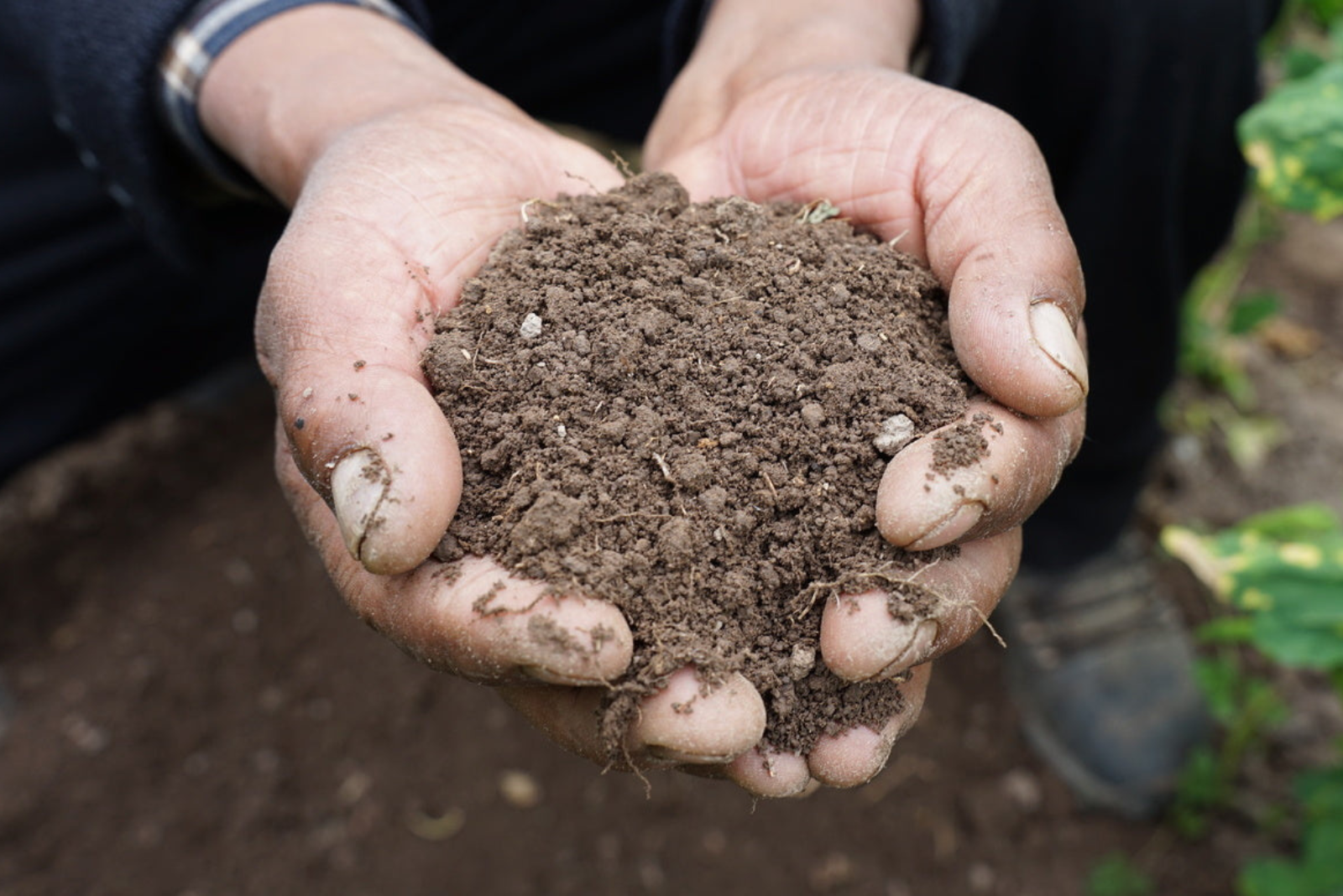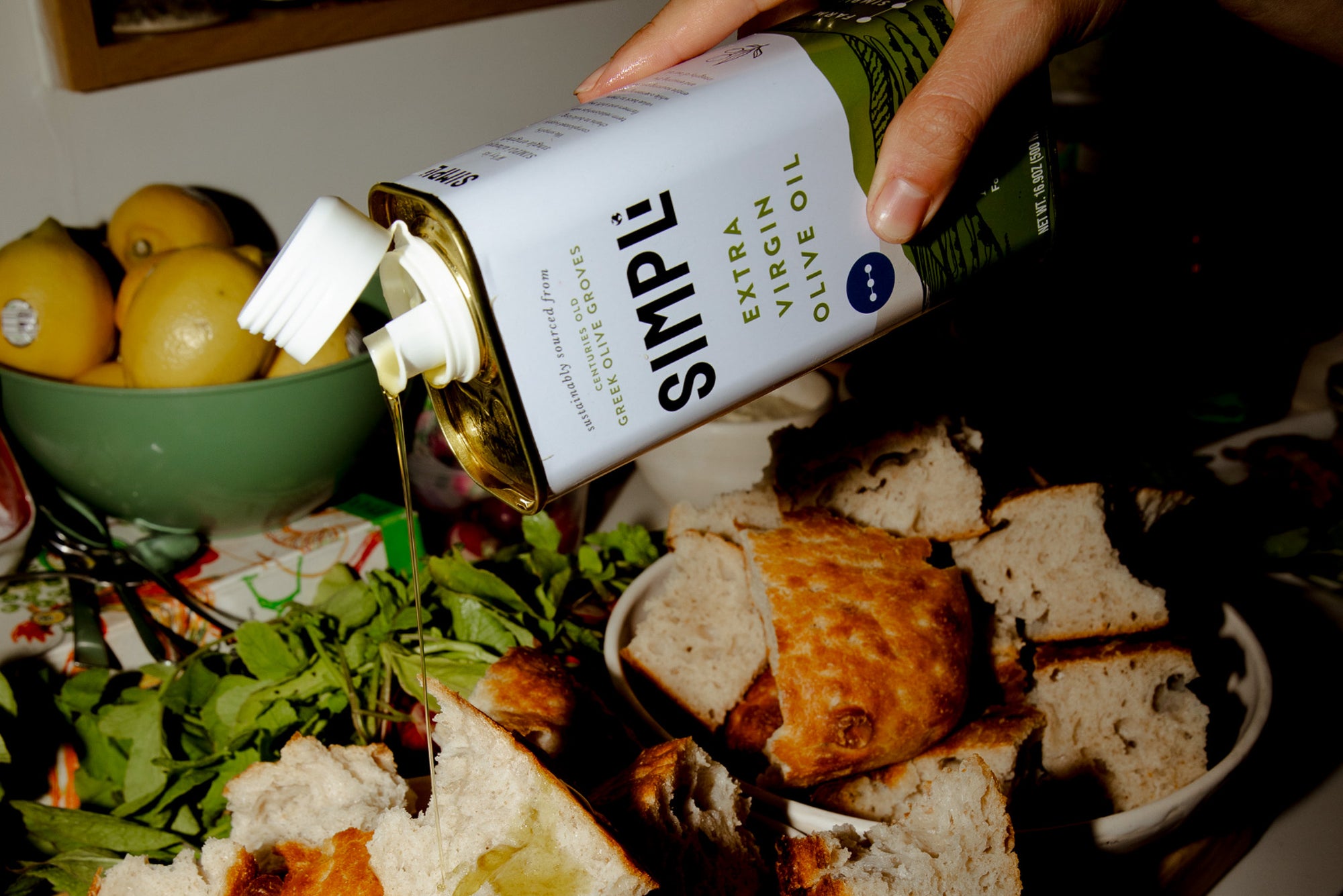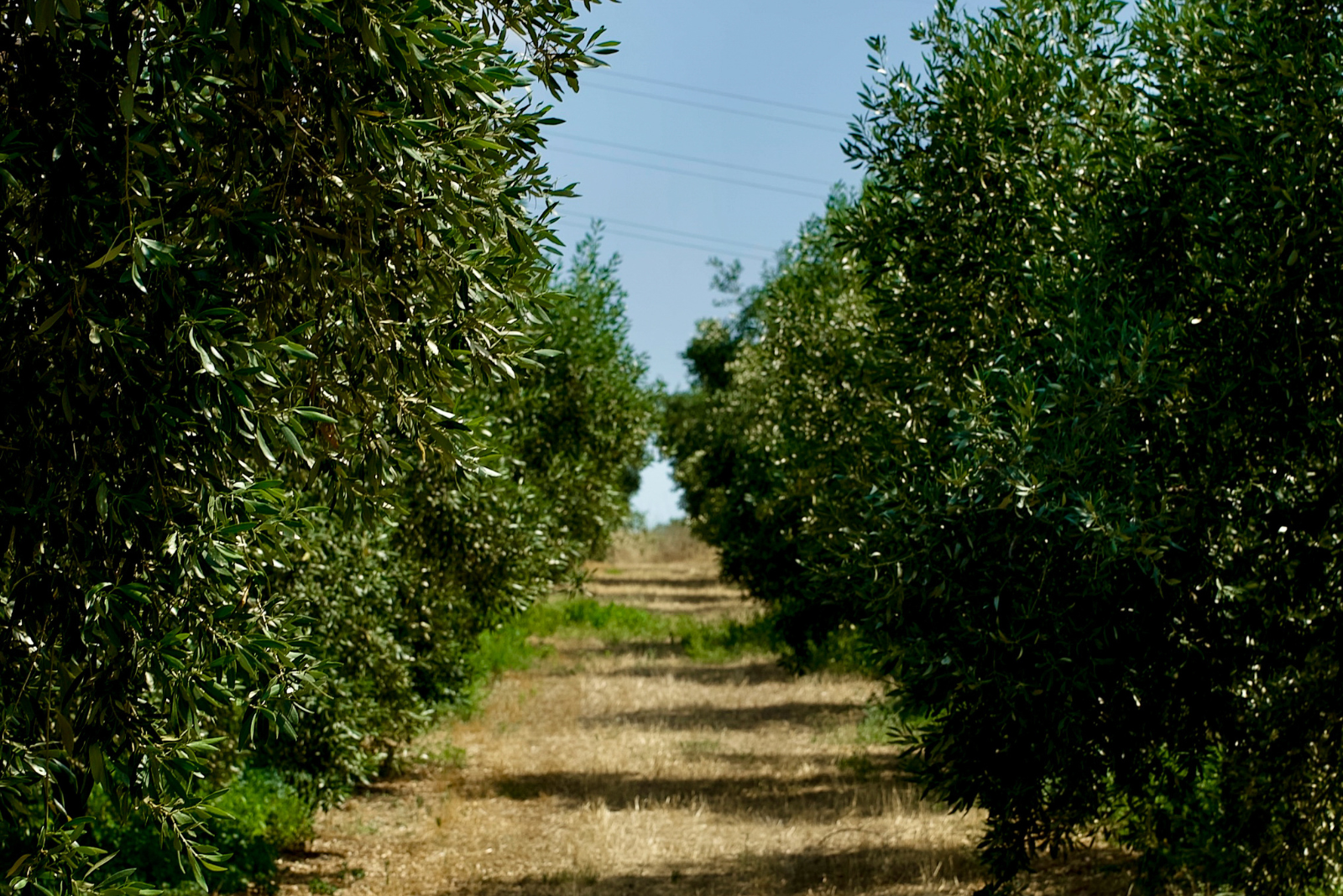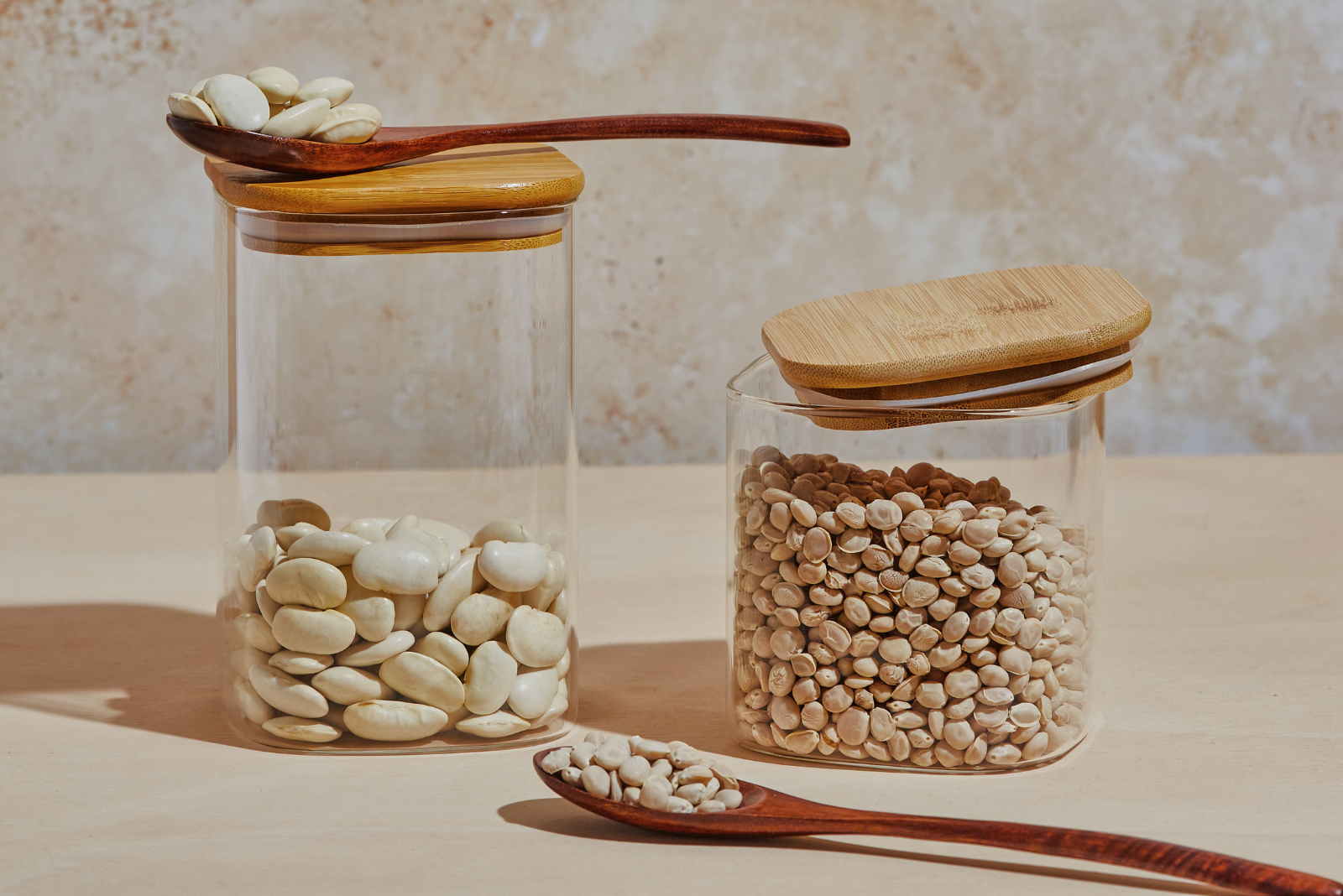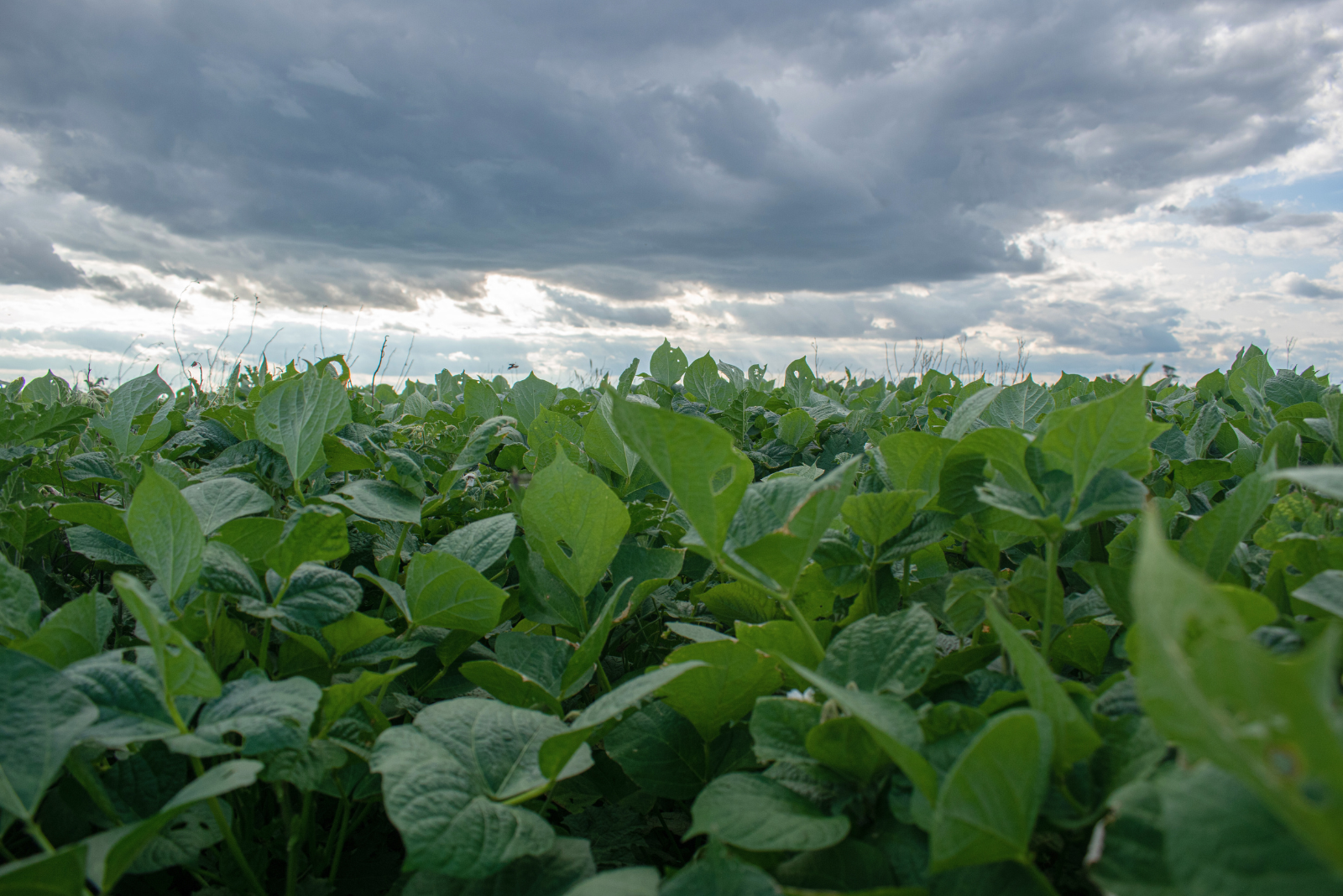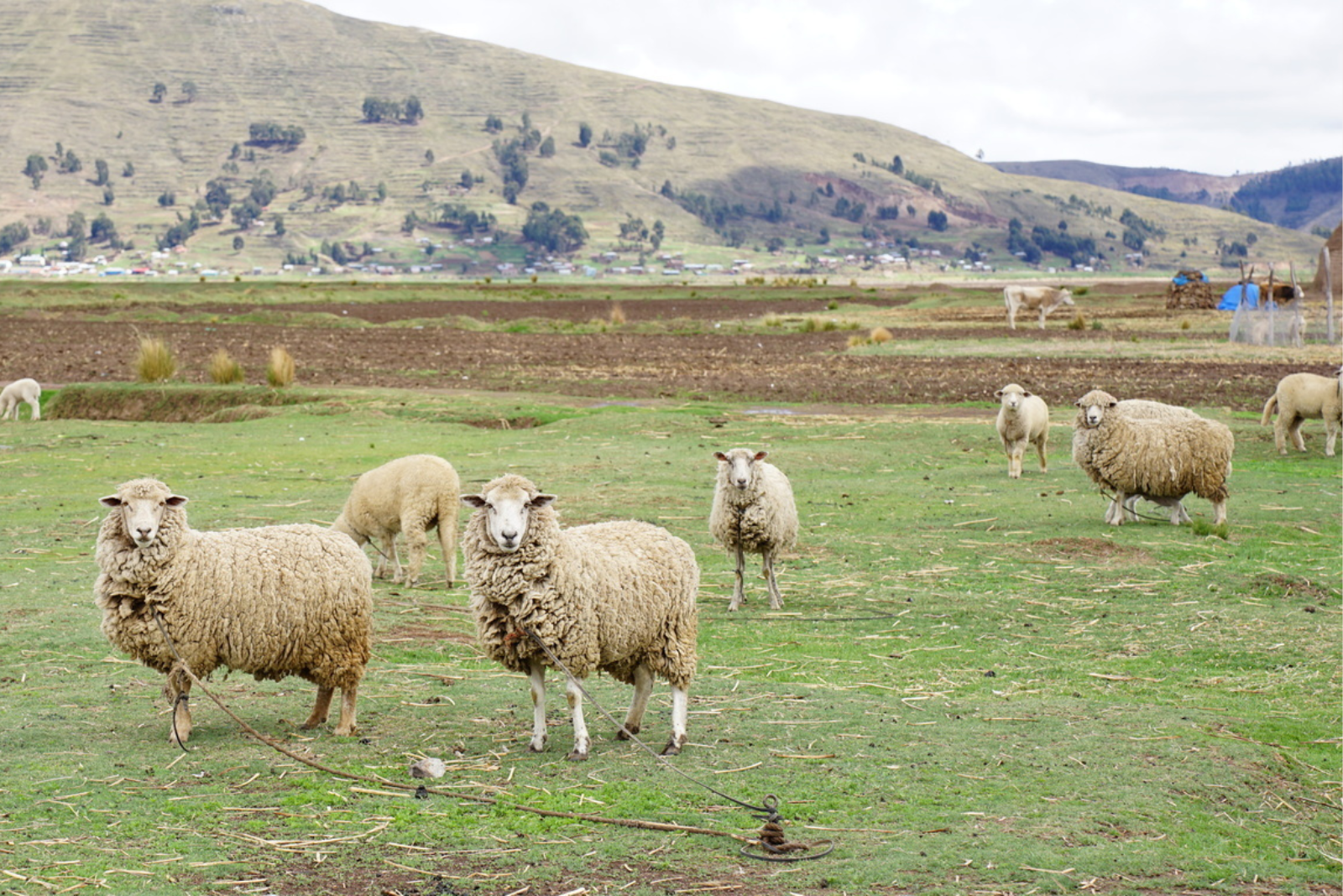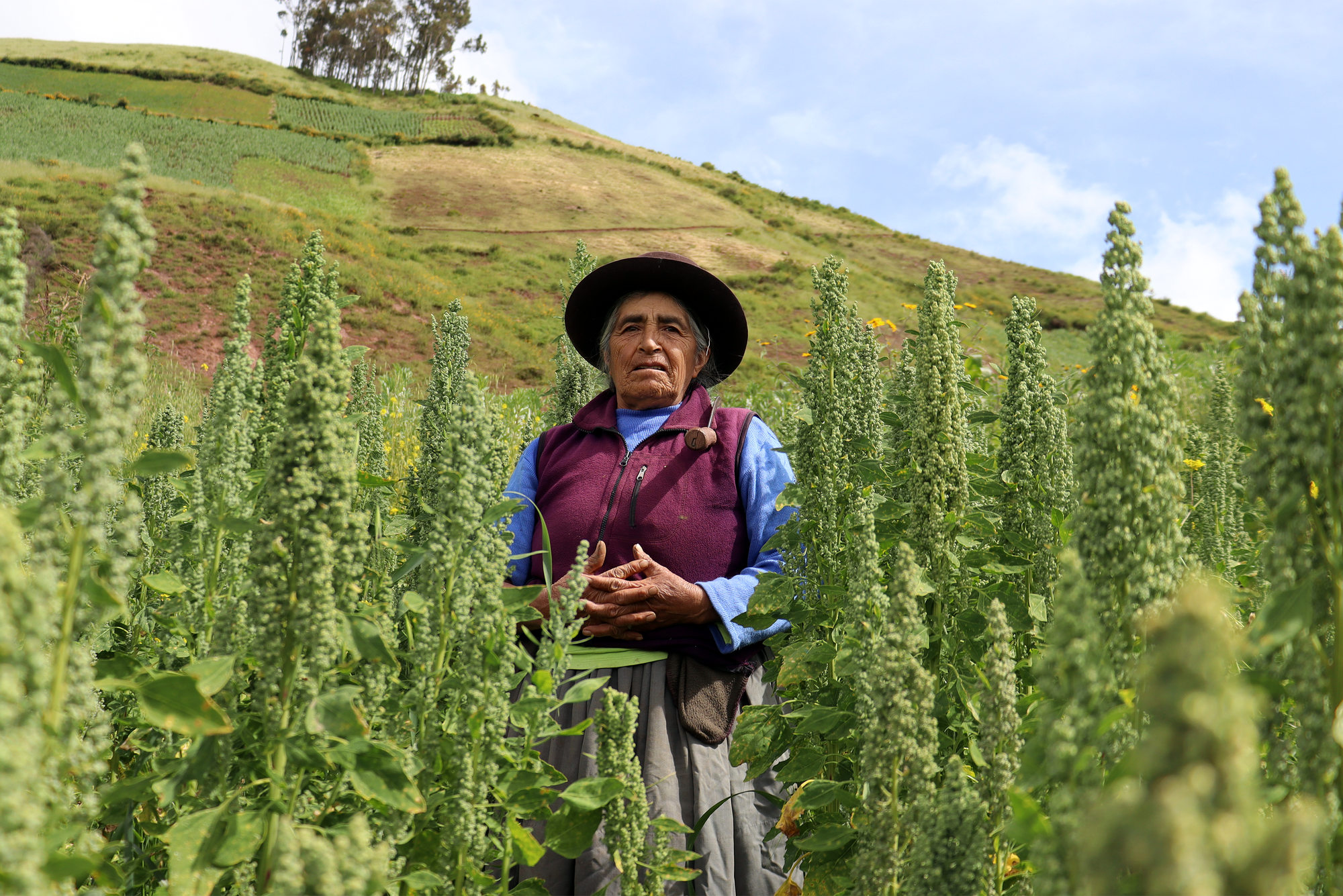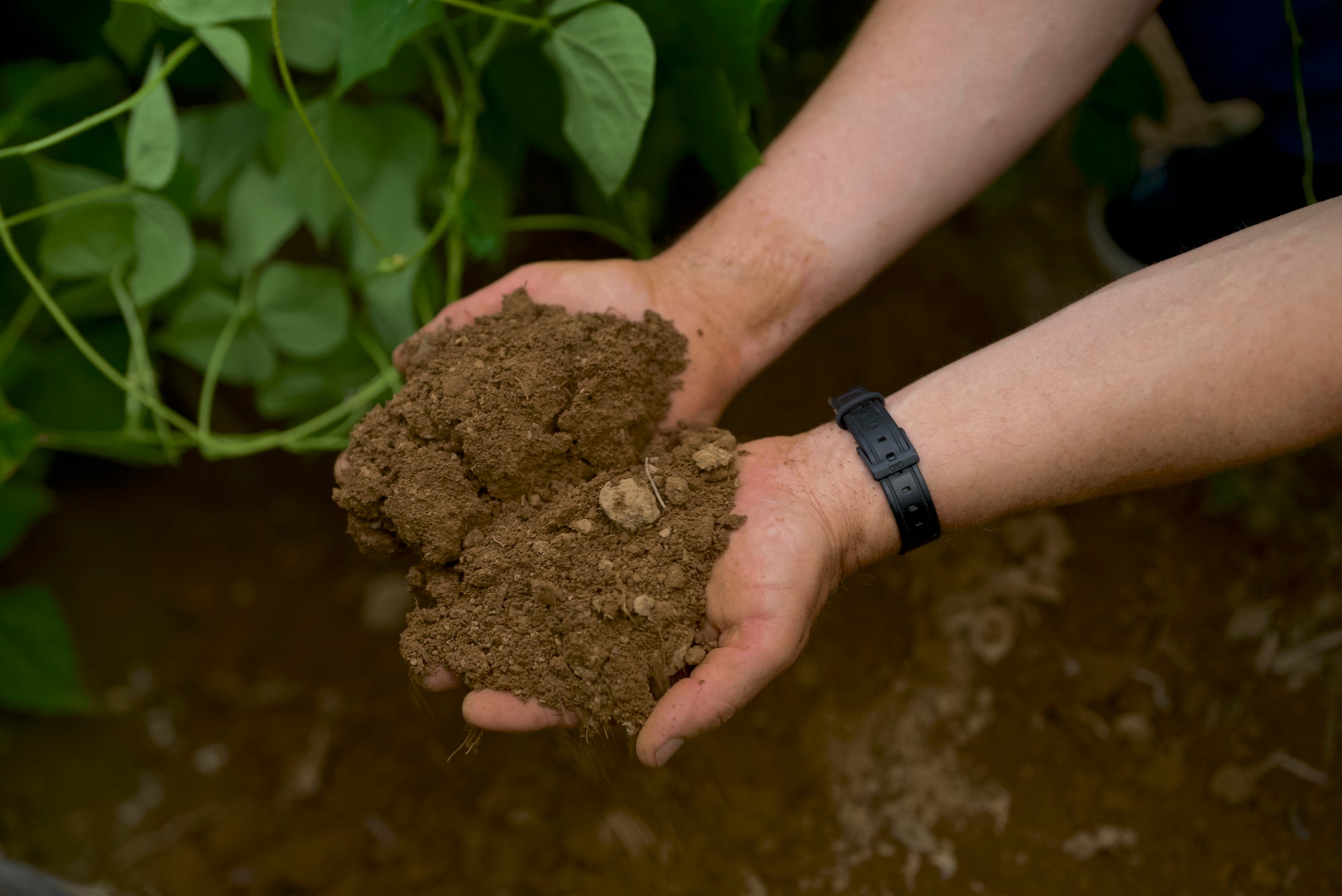In today’s world, where over consumption is at an all-time high, finding ways to reduce waste can often feel overwhelming, inconvenient, or even unclear. It can be tough to know where to start and find practices that fit within your daily routine – but it’s not impossible!
In our opinion, one of the best, most tangible places to start and make a significant impact is in the kitchen. By implementing simple yet effective low waste practices, you can minimize your environmental footprint while still enjoying delicious meals. This Earth Month, join us as we practice our top 10 tried-and-true low waste cooking recommendations!
Meal Planning
Plan your meals for the week ahead to avoid overbuying ingredients and wasting food. Take inventory of what you already have in your pantry and fridge and try organizing your meal plan around those items.
Buy Seasonal Produce
Challenge yourself to purchase fruits and vegetables that are in season in your region. Seasonal produce is not only fresher and more flavorful, but it’s also grown under optimal conditions and requires fewer resources to store. When you buy seasonally, chances are you’re also supporting your local farmers which is important to supporting your local economy and reducing your carbon footprint!
Learn to Pickle, Preserve, & Can
Canning and pickling are great ways to reduce food waste while also creating new, delicious food items and meal toppers. Leftover tomatoes and peppers? Turn them into salsa! Bought too many onions? Chop them up and pickle them! Canned and pickled ingredients can stay preserved for longer, which can help lower the amount of food waste in your cooking.

Use Every Part of the Ingredient (yes, even water!)
Get creative by using all parts of fruits, vegetables, and even meat! For example, save or freeze your veggie scraps and animal bones to make homemade broth or sauces and use citrus peels to infuse flavor into dishes or make homemade cleaners. When boiling and cooking SIMPLi ingredients, reuse your water for the base of soups and stews – you can even water your plants with your leftover bean water, too (your plants will thank you!).
Compost
Start a compost bin in your kitchen for food scraps like fruit, vegetable peels, coffee grounds, and eggshells. Composting not only reduces waste but also creates nutrient-rich soil for gardening. If you don’t have access to a garden in your backyard, store your compostable items in a bag in the freezer and take them to a community garden or composting facility on a weekly or monthly basis.
Repurpose Leftovers
Who said leftovers had to be boring? Transform them into a new meal! For example, turn your leftover roasted vegetables or quinoa into a soup, quiche, or casserole.

Cook from Scratch
Making homemade meals isn’t just better for your health – it's also better on our planet! When possible, avoid pre-packaged and processed foods and try cooking from scratch more often. In addition to reducing packaging waste, homemade meals also allow you to control the ingredients and flavors.
Invest in Reusable Kitchen Tools
Instead of disposable items like paper towels or one-use plastics like plastic wrap and plastic bags, opt for alternatives like mesh produce bags, cloth napkins, beeswax wraps, and reusable storage containers. Some of our favorites include Stasher bags, Bee’s Wrap, and Mesh Bags from Thrive Market.
Preserve Fresh Produce & Herbs
There’s nothing worse than fresh produce gone bad – extend their life with proper storage! Use airtight containers to keep fruits and vegetables fresher longer or consider freezing berries and herbs for later use.

Opt for Sustainable Protein Sources
Choosing plant-based protein sources like lentils and SIMPLi beans can have a lower environmental impact compared to animal-based proteins and are just as satisfying and nutritious! If you don’t want to remove animal proteins from your diet entirely, ensure you are choosing responsibly raised meat or seafood. Some of our favorites include Force of Nature beef, Pasturebird Chicken, and Patagonia Provisions tinned fish.
Support Regenerative Organic Certified® and USDA Organic Brands
When shopping for ingredients, try to opt for Regenerative Organic Certified® and USDA Organic certified brands. These certifications ensure that the food you’re purchasing has been produced using sustainable practices that prioritize healthier food production. In fact, Regenerative Organic Certified® brands – such as SIMPLi—go a step further by using agricultural methods that restore soil health, sequester carbon, and enhance ecosystem resilience. By purchasing and supporting brands like SIMPLi, you’re not only investing in your own health, but also contributing to environmental conservation and the sustainability of our food systems.

Low waste isn’t just about reducing trash – it's about fostering a deeper connection to the food we eat and developing a more mindful, sustainable approach to how we consume our everyday resources. Every small change in the kitchen can make a big difference in creating a healthier planet for future generations. Here’s to cooking with intention, creativity, and sustainability, one meal at a time!

